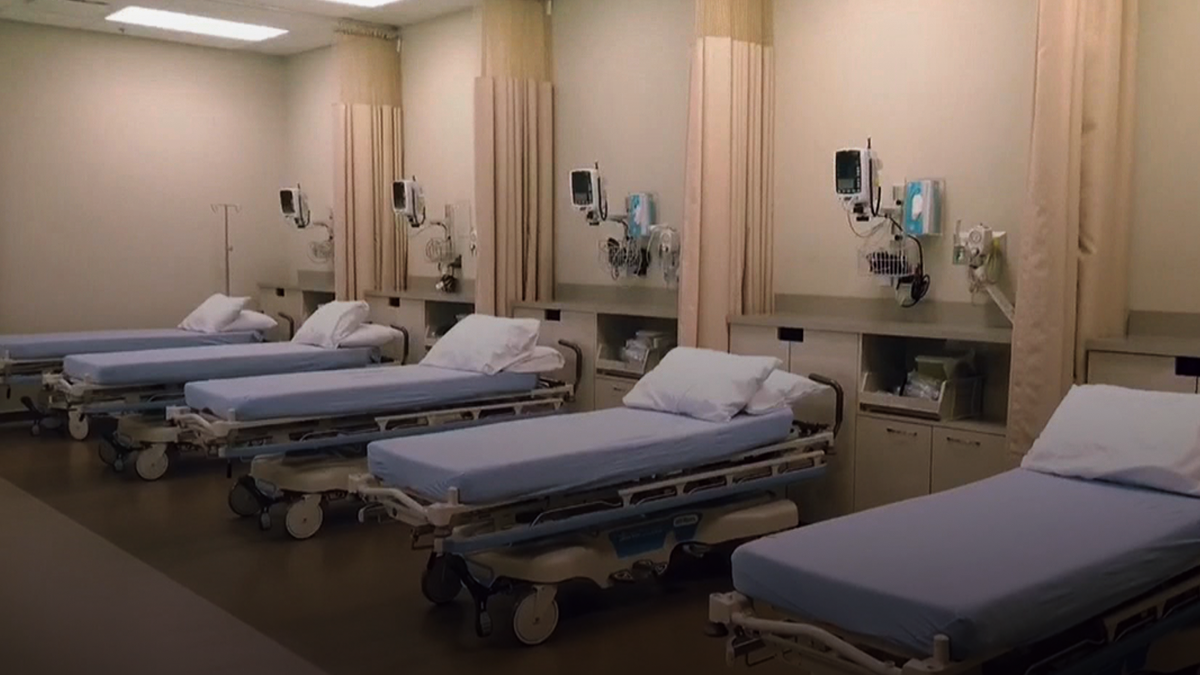The Toronto Board of Health is calling on the government to take action after opioid overdose deaths hit a new record in July.
On Tuesday, Toronto Board of Health Chair Joe Cressy reported that in July, 27 people died due to opioid overdose.
Since the beginning of the coronavirus pandemic, opioid-related deaths have increased 85% in the city.
Cressy associates the spike in deaths with decreased health services and increased social isolation.
“What we’re seeing in Toronto mirrors what we’re seeing across Canada,” Cressy told the Toronto Star.
“The combination of reduced (health) services because of COVID-19 coupled with an extremely tainted drug supply, with all the changes to border activity, has resulted in an ever more dangerous drug supply,” he said.
In June, the Toronto Board of Health called upon the provincial and federal governments to address the opioid epidemic in the city. Assistance has yet to be announced.
Anne Marie Hopkins, head of peer outreach services for Ottawa Inner City Health, told the CBC that the federal government’s no-questions-asked $2,000 monthly CERB payments are contributing to the increased rates of substance abuse and overdose.
“…I do feel like in our setting, maybe it’s a little bit irresponsible to hand it out so freely to our folks,” she said.
Drug-related deaths have skyrocketed across Canada since the coronavirus pandemic was declared earlier this year.
Last week, British Columbia Emergency Health Services also reported that July was a record-breaking month for overdoses in the province.
BC paramedics responded to 2,706 overdoses in July, or around 87 a day.
In June, BC reported 175 overdose-related deaths.
Scott Bernstein, director of policy at the Canadian Drug Policy Coalition, told Capital Current last week that the overdose crisis is becoming worse than the coronavirus pandemic.
“The overdose crisis is actually dwarfing COVID-19,” he said.
“We’re doing a good job managing COVID from a public health perspective (but) we’re doing a terrible job managing the overdose crisis from a public health perspective.”
